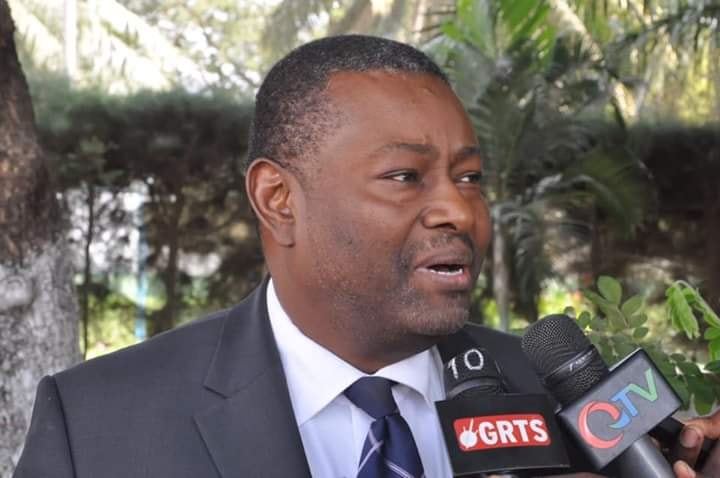National Human Rights Commission has expressed ‘concern about the safety and protection’ of migrants trying to transit through The Gambia to Europe.
The commission concern comes after its officials made a monitoring visit to the Tanji Immigration Post, where the officials spoke to some migrants.
“The challenges of irregular migration are multifaceted and affect different members of the community differently. Aisha [not her real name] and the 4 young ladies she is travelling with may find themselves in Europe, if the high seas are kind to them.
“At present, they cannot tell what fate awaits them. Going back to Sierra Leone may be the other option but that too comes with a heavy price: money, family stigma and an unsure future,” the commission said in a statement.
“Up to 47.3 per cent of migrants are women (IOM, Gambia). NHRC is highly concerned about the safety and protection of migrants, especially women and children, while they transit through The Gambia. The Government does not only have a duty of care but also the primary obligation to respect and protect their fundamental human rights,” it said.
“NHRC team visited the environment to assess the extent of these migrants’ vulnerabilities and the conditions in which they are being held. The team found just one functional toilet that was being used by the officers and the detained migrants. They were cramped in the hut-like area which had no beds or beddings. Nightfall was welcomed with dread, although one of the Officers stated the room reserved for sewing officers’ uniforms would normally be transformed into a sleeping area. The dangers to the female migrants were evident as no separate facility was available to them.
“For many of these migrants, Tanji is a transit point, where they meet their team leaders, sometimes referred to as ‘smugglers’, who facilitate their risky sea journey to Europe. The search for a ‘better life’ has led many young Gambians and non-Gambians on the dreadful journey through the Mediterranean Sea. The International Organisation of Migration (IOM) indicated that over 35,000 Gambians arrived in Europe by irregular means between 2014 and 2018. While many have been deported back to Gambia, several lost their lives, and others are waiting to return home voluntarily,” reports added.





